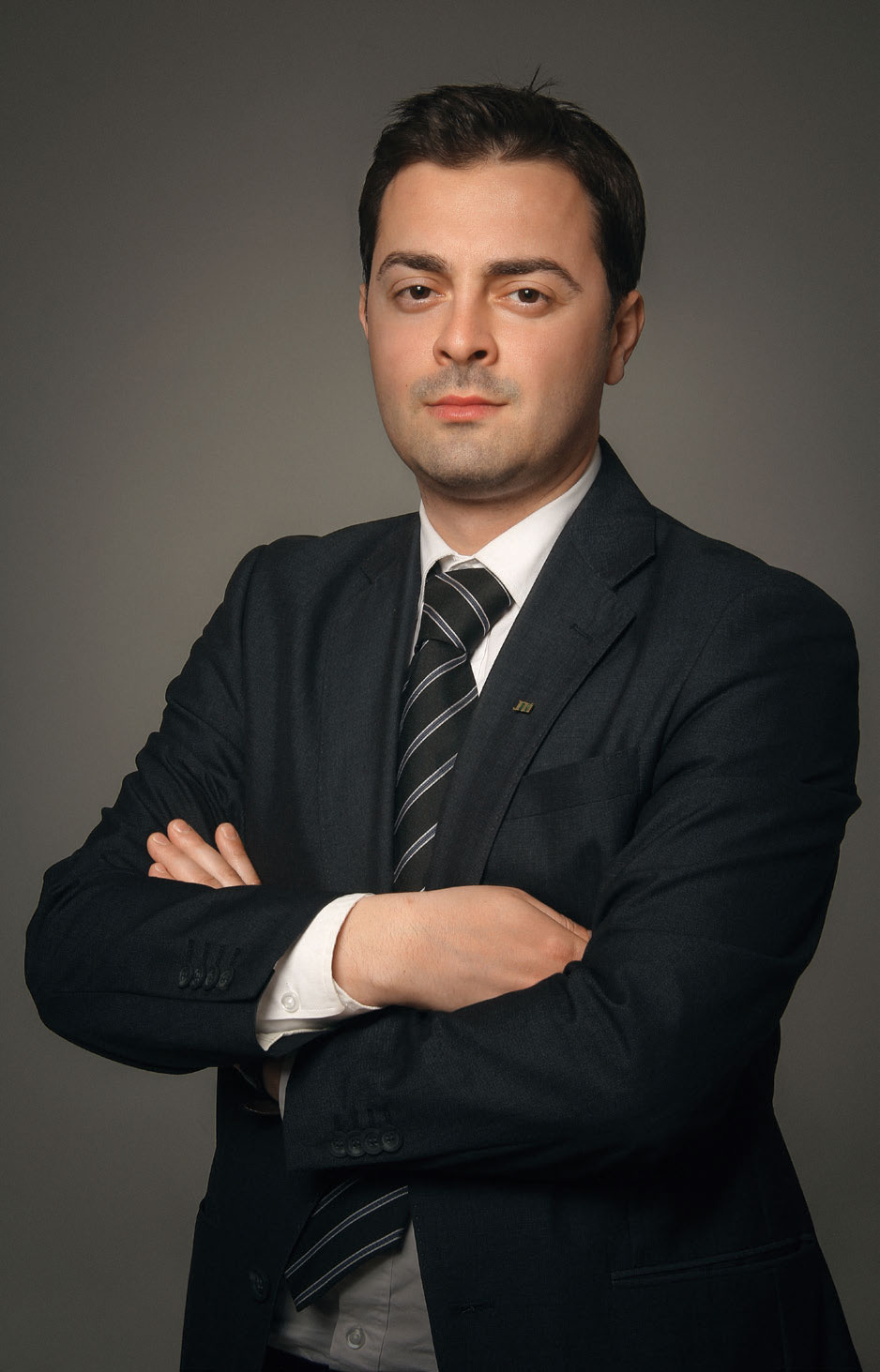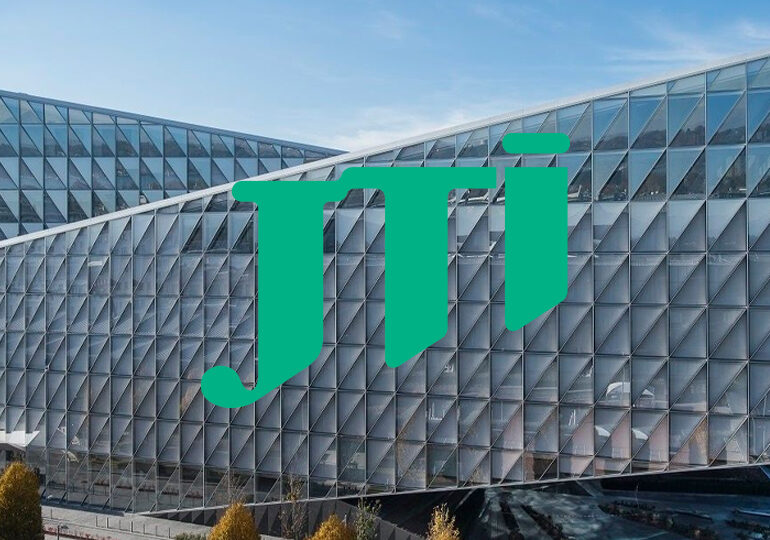Do you remember the time you were asked to explain why you were late for work? The face of your manager when you asked to leave fifteen minutes early to pick up your child from kindergarten? I guess you do. I bet that a very tiny part of you is grateful to the COVID-19 pandemic for proving that these managerial approaches were wrong. Indeed, the pandemic has forced companies to migrate to a new way of working, which even the most extreme business continuity plans did not envision. Across industries, leaders are currently using (or will use in the near future) the lessons from this large-scale work-from-home experiment to re-imagine how work can be done. While some leaders are working on it, Japan Tobacco International (JTI) has already started offering its worldwide staff the option to spend more time away from the workplace. Performance and outcomes are what matter, not hours spent in the office – believe the management of JTI, who are delivering a brave and valuable message to its people: Cooperation is built on trust.
If some kind of technology was linked to the employees of Japan Tobacco International to count the most frequently spoken words, the result would definitely list NWOW (New Ways of Working) as the top phrase used. Since this technology does not exist, Forbes Georgia asked the employees of JTI to describe their new working model, which is built on four core elements: Greater ‘flexibility’ in ways to work, ‘lead’ with more autonomy, ‘live’ a more balanced work-life blend, and ‘belong’ at JTI – regardless of whether one is based in an office, factory, or operating in the field. NWOW is already the new normal for JTI and an inevitable future for others.
JTI’s own NWOW was created by agile methodology. The agile team consisted of legal, people & culture, marketing, sales and IT professionals; who all did an unbelievable job.

ALIYA ALDASHEVA
PEOPLE & CULTURE DIRECTOR, BELARUS & CAUCASUS CLUSTER
The Coronavirus and subsequent restrictions have led to the invention of completely new ways of working. The whole world is thinking about transforming the traditional style of working into safe, enjoyable, and efficient collaboration. Organizations are now working on adjusting the work-from-home model to incorporate creative and innovative arrangements. While technology has empowered us to enter the virtual world of collaboration and keep the high productivity rates, it is still obvious that social interaction and personal communication are irreplaceable for creating and sustaining the organizational culture.
JTI has always been a company that innovates across diverse spheres, recognizing people as the greatest asset. We were also looking ahead at reopening workspaces, having decided to leave the traditional, office-based culture of presenteeism behind and give employees the freedom of flexibility and better performance as well as higher productivity.
JTI designed an innovative approach called NWOW, which is a trendy arrangement for boosting flexibility and bringing the modern multigenerational workforce into the “new normal”, especially responding to the preferences of Millennials and Gen-Z. Now we are building diverse and collaborative workspaces, giving freedom to our employees in four very important directions:
Flex: Introducing full flexibility in the way we work, when each of us is the owner of our work and can decide how we do it, where we do it and when we do it.
Lead: Empowering ourselves to own our own careers and be at our best.
Live: Enjoying the synergy of work and technology, allowing it to enable us to own our decisions.
Belonging: Developing a sense of belonging in each part of the JTI’s universe, closely collaborating with each other, and constantly remaining a part of one JTI team.
NWOW was born in July for all employees in any corner of the world that JTI has a presence. When we first looked at NWOW, we were very impressed and immediately decided that the time is now to locally embrace our own one. A couple of months was dedicated to implementation, and the whole process was very engaging and interesting. We thought about numerous local specifics but kept the international and modern flavour of NWOW.
Employees, after working from home for so long, will benefit from NWOW. The responses to our global engagement survey evidence the desire of employees to collaborate and interact. At the same time, they want to have flexibility and freedom of choice. We all understand that the traditional office setup will never totally come back, and NWOW is the best flexible model both for our employees and the business itself.

TINATIN JANASHVILI
PEOPLE & CULTURE BUSINESS PARTNER, GEORGIA
One of the obviously interesting concepts is the 50/50 hybrid model, and we believe this is something ideal for us, completely addressing the circumstances of today. That means that I can work 50% remotely from anywhere – from home, a café, the swimming pool, the countryside and so on. It creates lots of flexibility and freedom for me; nowadays you can connect to the internet everywhere, so there are many choices as to where you can work remotely.
It is great to spend the other 50% at our cosy and collaborative office space. This is beneficial for social interactions and in-person meetings. I, personally, feel that where I choose to work often depends on the nature of my activities. Sometimes I need a quiet atmosphere, but more often social interaction and people are what keep me motivated and inspired.
I feel that freedom of choice is important not only for me, as an employee, but also for our future talents across the business. Job applicants always ask what our working model is; now we boldly answer: This is NWOW, you can work from anywhere you want whole half of the time!
GIORGI JINCHARADZE
LEGAL MANAGER, CAUCASUS

The pandemic combined with isolation, fear and restrictions forced us into our homes. This was when the border between work and personal life has been blurred. Days go and sometimes I do not even change a room when working hours are over, and I keep working or thinking about the job. The physical border between work and home has disappeared.
NWOW brings a lot of new requirements for the soft skills of our employees, including self-discipline, motivation, proper prioritization of tasks, and social interaction. During COVID-19 lockdowns, it became clear that all our employees were managing their time very well and require no supervision.
To address the work-life balance and keep employees healthy physically as well as mentally, we have introduced flexible and core hours. During core hours, which is half the working day, I am available for meetings, calls, active communication, while during the other half of the day, which we call flexible hours, I am totally free to adjust arrangements according to my personal preferences.
This way I can comfortably balance work and personal life.
The welfare and comfort of people is JTI’s number one objective. Even before working from home became the new norm, employees always had support with the technical equipment they needed. Now, in order to make their remote working area even more safe and comfortable, each employee will be getting an allowance to buy required equipment for their home office. All newcomers will also benefit from this full spectrum of remote working perks.
TEKO GOCHASHVILI
SCALE BRANDS MANAGER, BELARUS & CAUCASUS CLUSTER

We all feel so positive about NWOW! I participated in the localization process and was impressed by the wonderful advancements. Now I can even travel abroad and work from there for ten days a year – no geographic boundaries exist anymore.
NWOW will help us with having a sense of belonging and collegiality faster. The results are already showing us this. We do understand that partial remote work is an inevitable future. However, always working remotely will ultimately lead us to decreased creativity, innovation, motivation, and may decrease productivity at some point. Many elements of office culture cannot be replaced by online things. For example, sometimes having coffee with your colleague is irreplaceable. We believe that our NWOW is all about that!

















